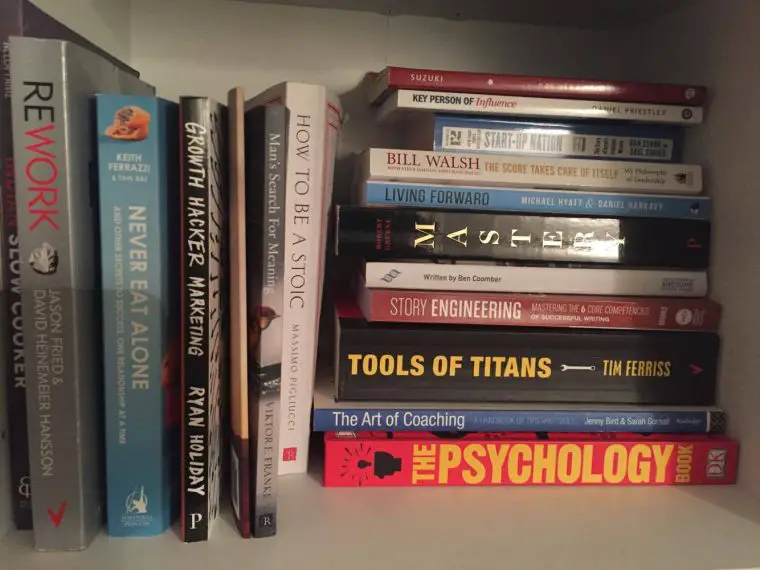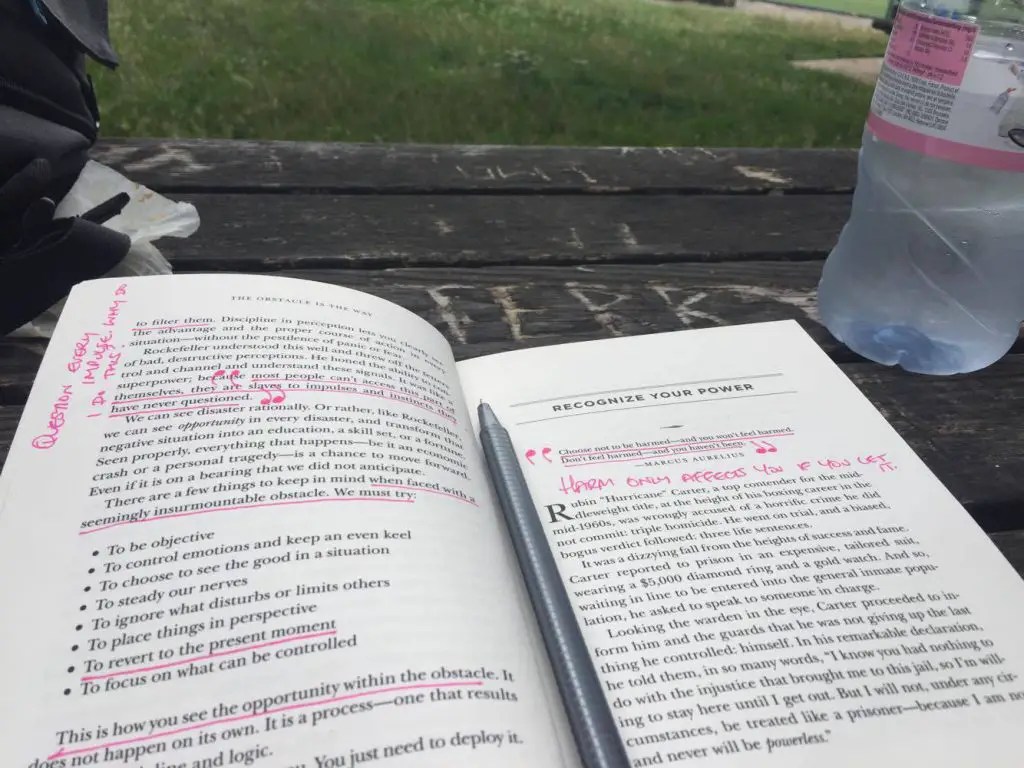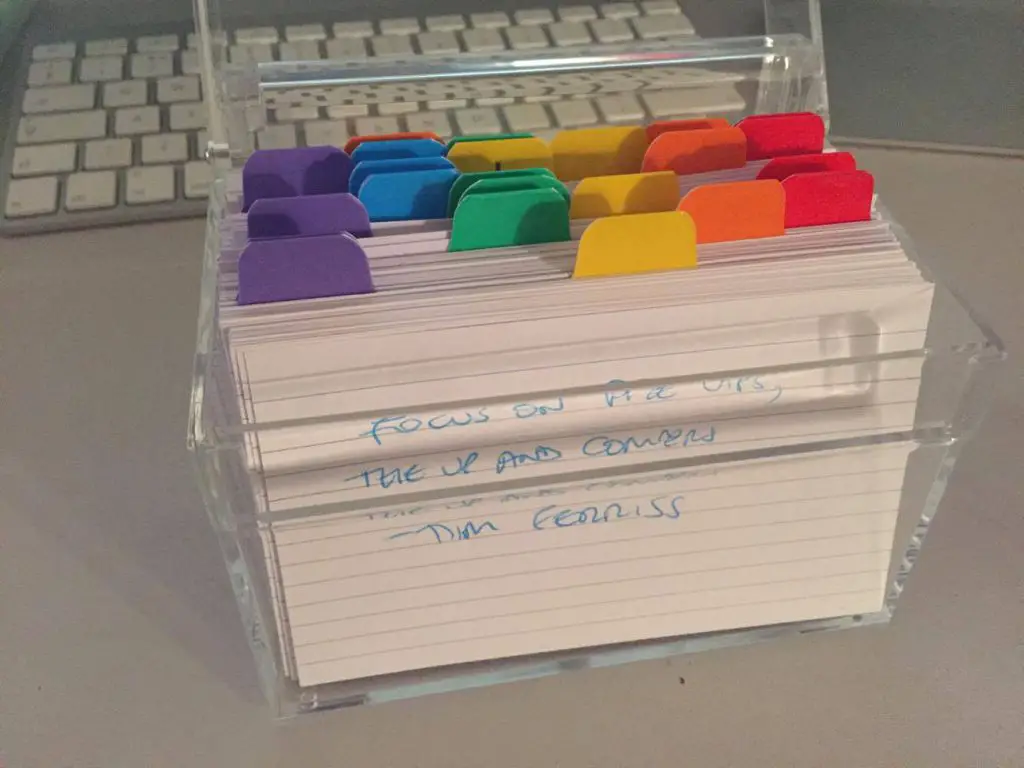I’ve been recently pushing myself to improve certain knowledge gaps. Whilst thinking about how to tackle the problem I ended up posing myself a question:
When have I made the biggest learning improvements in the past? How did I do it? And can I repeat that process?
The answer took me back to when I was a student …it was when I read non-fiction. a lot.

On completing my placement year I made the firm decision that I wanted to become a developer. This meant I’d have to take things up a notch in my final year if I was to get a good job. Luckily the company I worked for (kindly) gave me a parting gift of a £150 Amazon gift card (On a side note: These moments in your life can be quite defining … I could have bought all sorts of daft crap). I decided to reinvest in myself and I bought a whole heap of books.
What followed was one of the most intense learning experiences of my life. From memory (amongst some others) they were:
Since remembering this period of high growth I’ve found myself picking up more and more books. Books are one of the best ways that I learn. Combining this learning with practical application creates a recipe for success.
I must note that I don’t read books for more up-to-date topics. Such as new frameworks or language features. Of course, blogs and videos are usually best for this. But for foundations, books win hands down.
My process of reading non-fiction has changed recently though. I’ve taken on new habits that have helped me to get more bang for my reading buck. To help me achieve this I’ve created certain “rules” for myself.
1. Buy physical books rather than Kindle
I had been a big Kindle fan for a while. It was easy to read at night, I could take it anywhere and it was light. Yet, there was something wrong. I wasn’t digesting what I read. This lead to putting down the Kindle and picking up again real books. Why?
-
You revisit them more – There’s something nice about seeing the book on your shelf. You’ll be more inclined to pick it up and flick back through the pages from time to time.
-
You take better notes – With a physical book, you can write all over it. You can take notes in Kindle, but the whole process of writing and then retrieving them can be painful.
-
Code is hard to read on Kindle – Often programming books have text snippets with code. Reading these books are hard on Kindle since the code usually ends up with long, wrapping line breaks.
2. Put down books you don’t enjoy
Stop reading things you don’t like. It hurts your passion for reading. Books are dependent on context. And sometimes the context isn’t right. You’ll be more effective when you dive into subjects that you can immediately apply. This often means putting books back on the shelf after only a few pages of reading. There should be no shame in this. We don’t have to read every book cover to cover. Sometimes forcing ourselves leads to not enjoying reading at all anymore. Try putting a book down once in a while, you might find you like it.
3. Scribble on them and fold the corners
Most shudder at the idea of writing books. I often get funny looks when I do this in public. Yet, this is one of the next advantages of having a physical book – you can write all over it. This allows us to have a conversation with the writer. To add notes to strengthen a point, or to denote confusion. When I write on books I utilise some of Micheal Hyatt’s reading symbols.
When I’ve got a page with a great quote on it, I’ll fold up the bottom corner. This makes it easy to return to the book and re-digest the best bits.

4. Buy more non-fiction books
In the same vain as putting down books you don’t enjoy it’s often helpful to have plenty of books on the go. This ensures that you’re reading something you enjoy at all times. It also means you have no excuses for not having something to read.
If you’re worried about the cost of books you can make the process cheaper. Buying second-hand books often reduces the price. Yet, we should consider: if we’re not willing to shell out on a book… could it be that we’re not looking at the right books anyway? You should feel compelled to buy and keep the best books. If you don’t feel compelled to read it: assess your reading.
5. Take notes after you’ve read
I stole this idea from Ryan Holiday. Who in turn stole it from renowned author Robert Greene. Ryan calls it “The key for remembering, organising and using everything you read”. This is a great goal. Upon finishing a book, it can be useful to write up and annex the salient points on index cards. For me, this can be up to 20-40 cards dependent on the book. This creates a database of ideas that are relevant and can help you take in more from your reading.

Question: What do you do to read more?
Latest posts by Lou Bichard (see all)
- 2024 Summary: A year of trips and professional work - January 9, 2025
- 2023 Summary: Data Driven Stories About The Cloud - December 31, 2023
- 2022 Summary: The Open Up The Cloud System - January 1, 2023